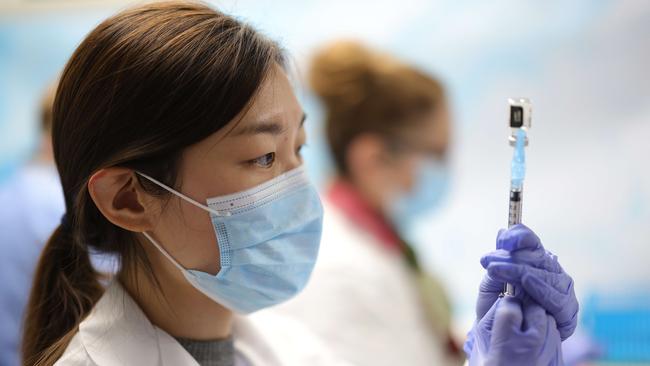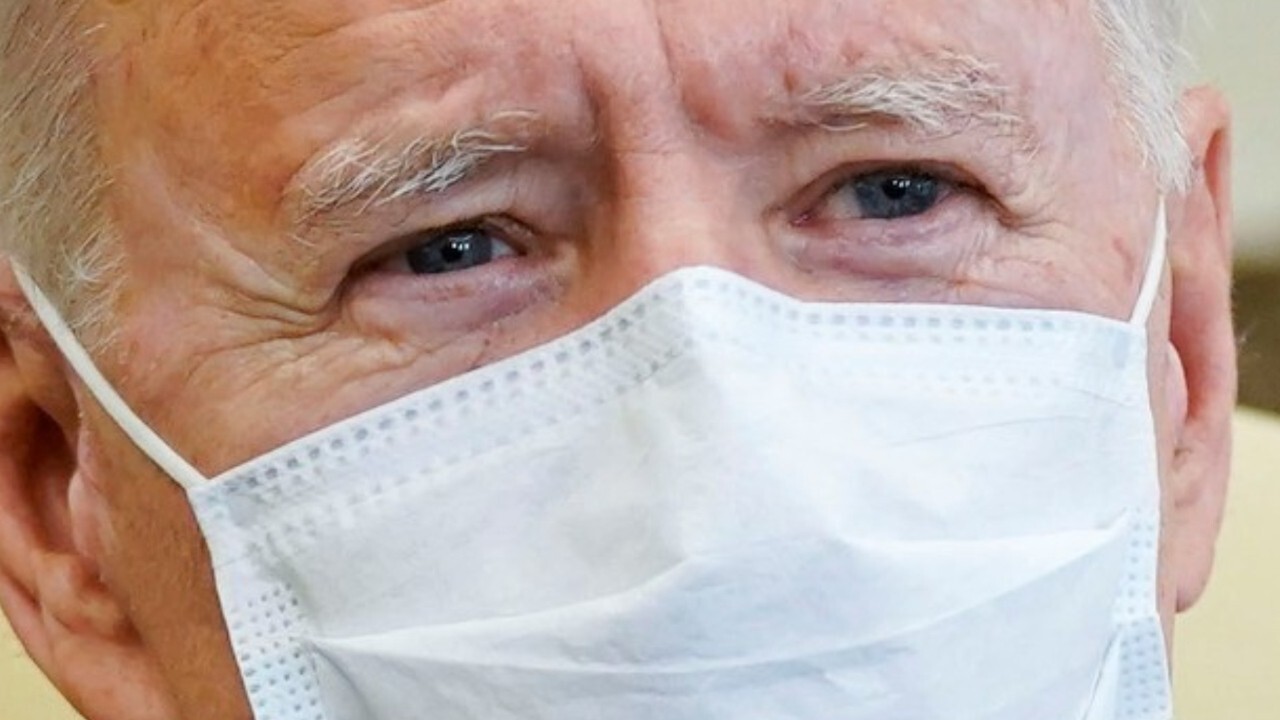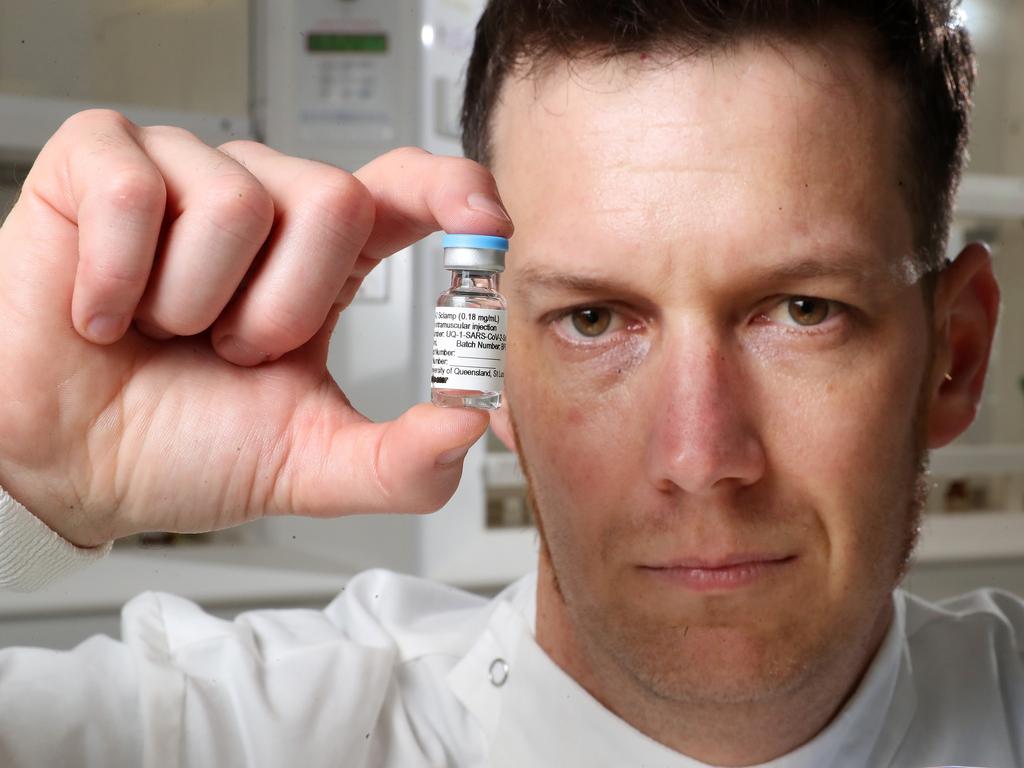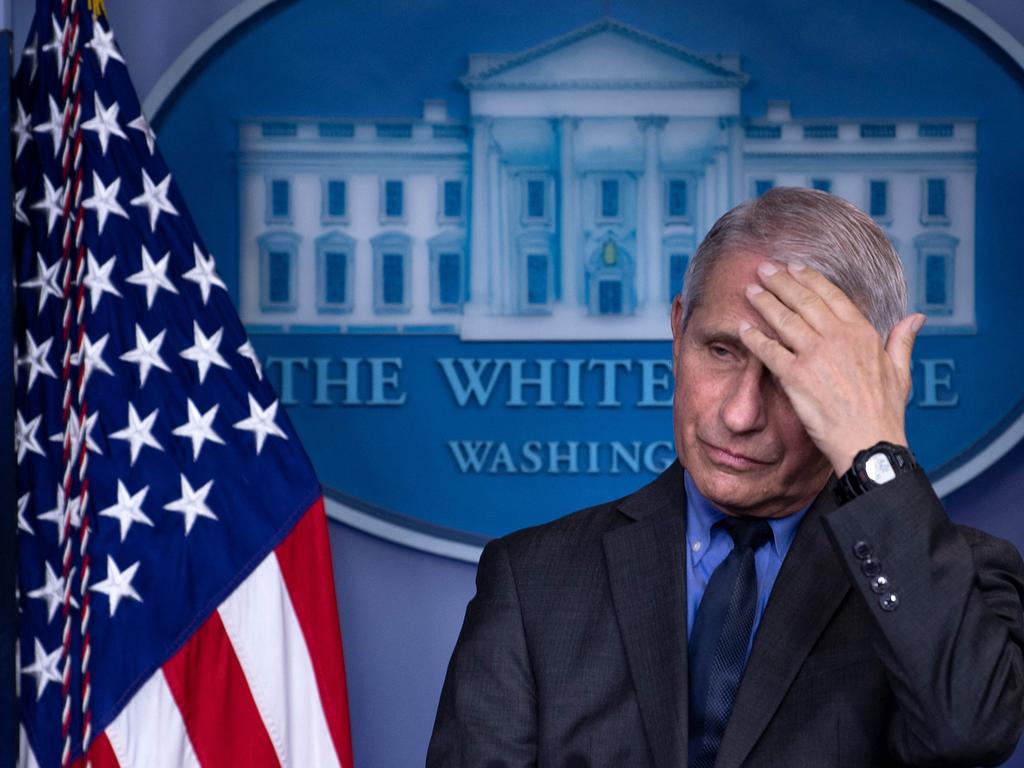Texas makes a stand against Big Pharma’s Covid vaccines
At the end of November Texas launched extraordinary legal proceedings that could have wide-ranging political ramifications across the developed world.

Following a lengthy state investigation, Republican Attorney-General Ken Paxton sued pharmaceutical giant Pfizer for “false, deceptive, and misleading acts and practices” related to its Covid-19 vaccines.
Paxton didn’t mince words. “We are pursuing justice for the people of Texas, many of whom were coerced by tyrannical vaccine mandates to take a defective product sold by lies,” he said in his November 30 statement.
“The facts are clear. Pfizer did not tell the truth about their Covid-19 vaccines. Whereas the Biden administration weaponised the pandemic to force illegal public health decrees on the public and enrich pharmaceutical companies, I will use every tool I have to protect our citizens who were misled and harmed by Pfizer’s actions.”
The allegations make for shocking reading, even for someone who has followed the Covid wars closely.
Pfizer appears to have exaggerated the effectiveness of its vaccines, making unfounded claims that routinely were parroted by governments, health officials and much of the mainstream media.
Remember “95 per cent effective”? According to Texas, “0.85 per cent effective” would have been a more accurate sales pitch. Pfizer ran one large clinical trial in 2020 to obtain emergency authorisation from the US Food and Drug Administration, which then green-lit the rollout. About 22,000 people were given a placebo and another 22,000 two shots of Pfizer’s Covid vaccine, and the results recorded two months later.
In the placebo group 162 people developed symptomatic Covid-19, but only eight in the vaccinated group, which is how the “95 per cent effective” was calculated. Yet according to the US Food and Drug Administration’s own guidelines this “relative risk reduction” measure is misleading and should at least be accompanied by the “absolute risk reduction”, which in this case was 0.85 per cent (0.9 per cent risk of contracting Covid-19 without vaccination, minus 0.04 per cent with).

Interestingly, the trial didn’t test the groups for asymptomatic Covid-19 using PCR tests, the kind we had to undergo repeatedly for the best part of two years, so who knows how many people in either group were infected. In terms of deaths from all causes across that two-month trial period, 21 people died in the vaccinated group and 17 in the placebo group – the opposite of what one might have expected.
Worse than promoting misleading statistics, Pfizer also claimed its vaccines stopped transmission and protected against other variants, when it knew they did not or didn’t have enough evidence to say either way.
“Pfizer deliberately created the false impression that its vaccine had durable and sustained protection, going so far as to withhold highly relevant data and information from the consuming public showing that efficacy waned rapidly,” the Texas petition says.
In February 2021, Pfizer’s chief executive claimed the vaccines offered “robust protection” against Covid-19 after six months, before the company had even collected six months of data. “No variant identified so far … escapes the protection of our vaccine,” the Pfizer chief later claimed, even though Pfizer hadn’t tested its vaccine against other variants. Israeli data from 2021 suggested efficacy against the Delta variant dropped to 39 per cent after only a month.
To anyone paying attention to daily life, all of this should have been obvious. Far more people died from or with Covid-19 in 2021 than in 2020, despite an overwhelming number of people in the developed world, especially those in at-risk groups, having been vaccinated by then.
“Indeed, by the end of 2021, official government reports showed that in at least some places a greater percentage of the vaccinated were dying from Covid-19 than the unvaccinated,” the Texas petition says. Yet to point any of these things then, even though the data was publicly available, was to invite censure as a science-denying fringe dweller.
Indeed, prominent US journalist Alex Berenson was kicked off Twitter (now X) last year for calling the vaccines “a therapeutic with a limited window of efficacy and terrible side effect profile” – a fair characterisation based on Pfizer’s own data.

Whatever its veracity, the company sales pitch was gobbled up by government, media and select experts. Pfizer sold billions of doses, doubling its revenues to $US38.4bn in 2021 from the year before. Things have gone pear-shaped since. Pfizer’s share price, which peaked at $US58 around when the Biden administration unsuccessfully tried to compel all employees in the nation to get the vaccine, has fallen 55 per cent since then, to its lowest levels since 2014.
Based on former Northern Territory chief minister Michael Gunner’s definition, 93 per cent of Americans aged six months and up are anti-vaxxers, ignoring government advice to be boosted with the last shots based on official data.
It’s not only Texans who have started to question the wisdom of forcing experimental vaccines with two months of clinical trial data on hundreds of millions of people. Australian academics Peter Parry and Peter Rhodes, in a forthcoming paper in journal Pathology – Research and Practice, lay out what they call “a historic public health disaster”.

“Many independent data sets concur – we have experienced a pandemic of viral illness, followed by a pandemic of vaccine injury,” they write, with specific reference to Australia.
Texas is suing under the state’s Deceptive Trade Practices Act. What’s on trial isn’t merely Pfizer but the institutions of governance in the developed world. If Texas wins, it will have highlighted perhaps the greatest medical fraud in history, and the abject failure of medical regulators on a scale at least as large as banking and financial regulators in 2008.
Pfizer in a public statement said its vaccine claims were “accurate and science-based” and the Texas case had no merit. If the claims in the 54-page petition are correct, the court of public opinion ultimately will find against it.








On the last day of November Texas launched extraordinary legal proceedings that could have wide-ranging political ramifications across the developed world.